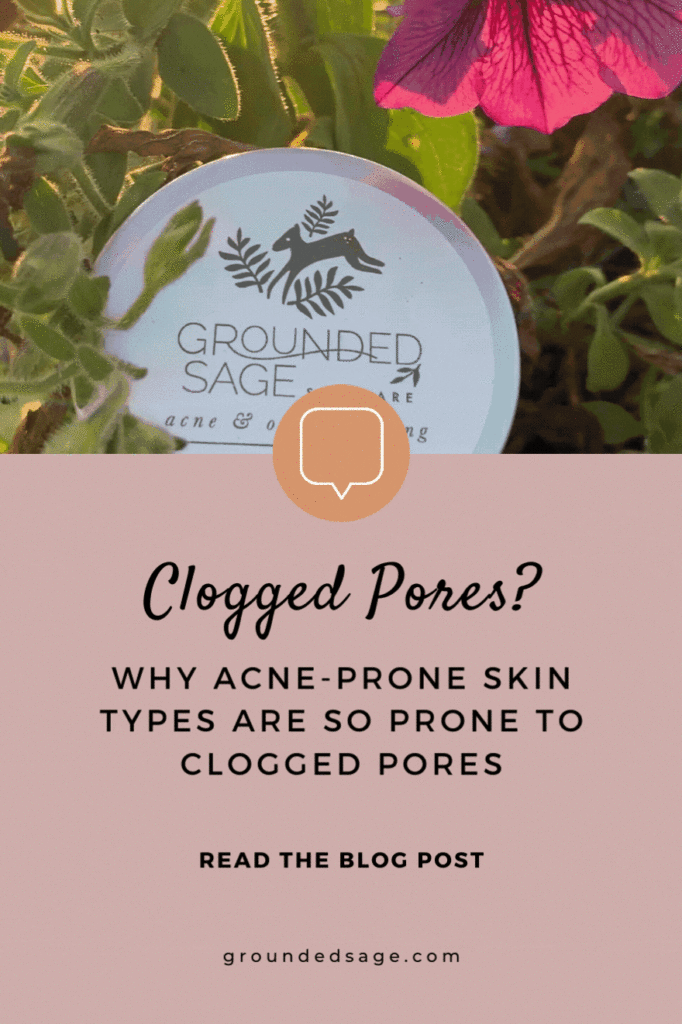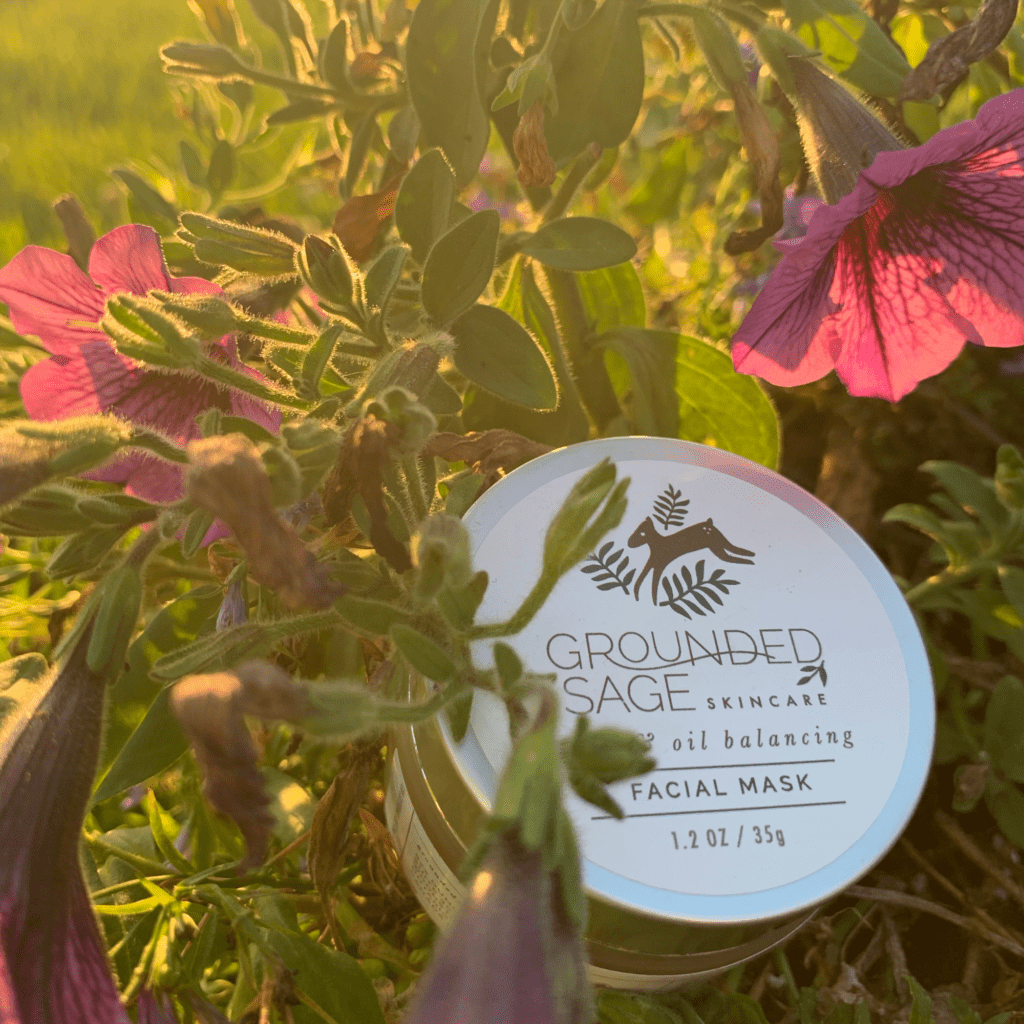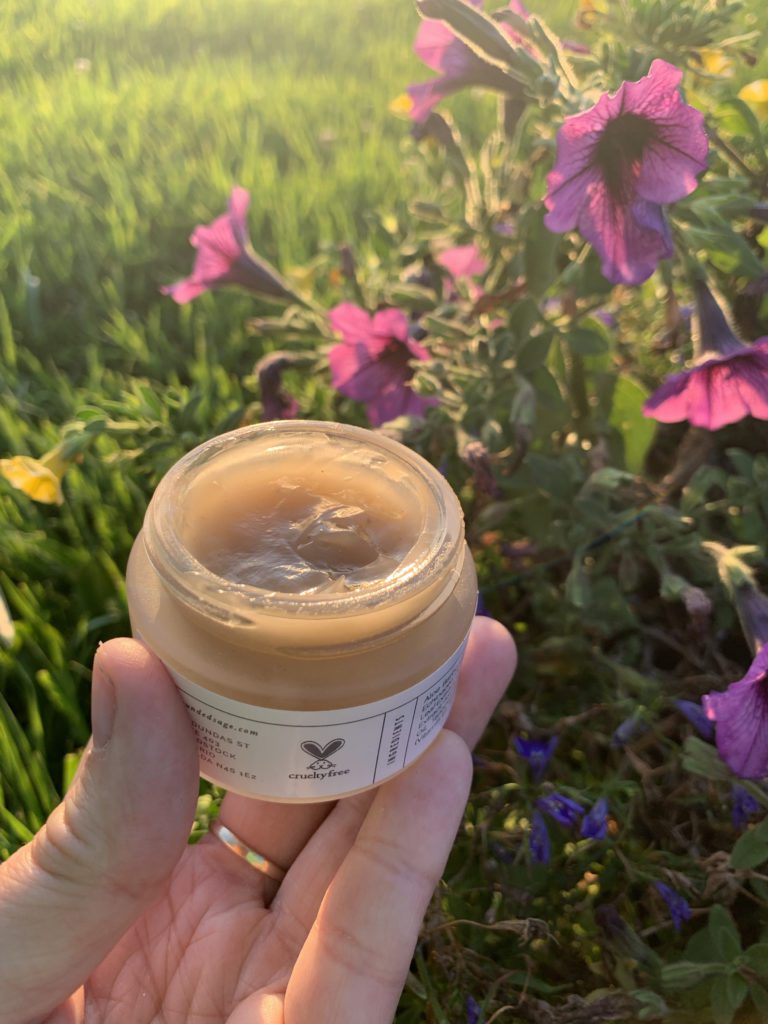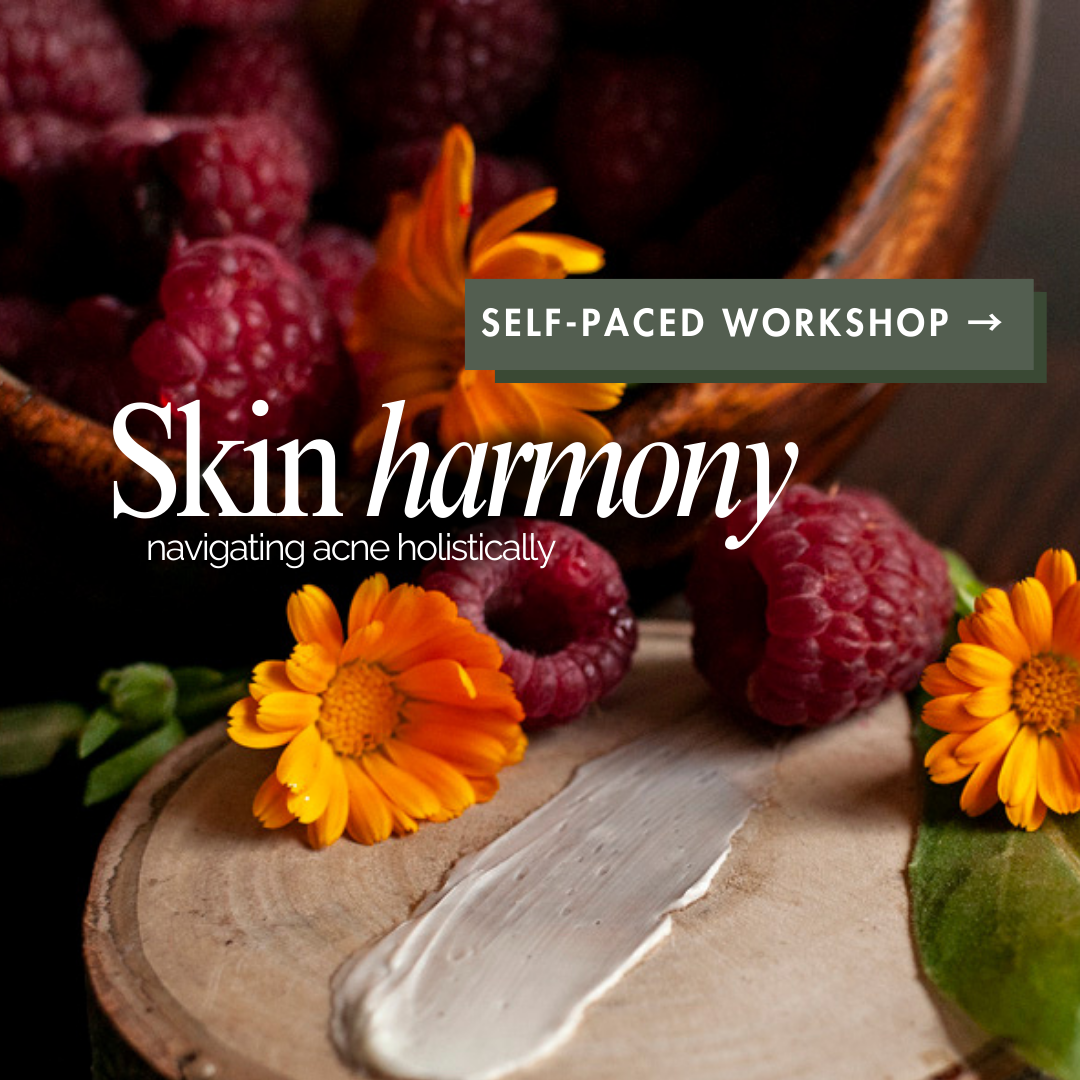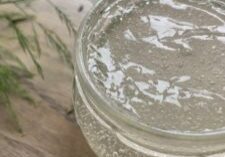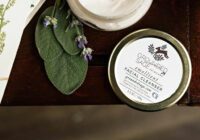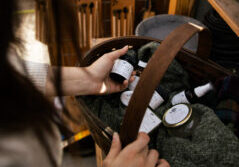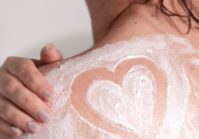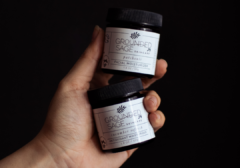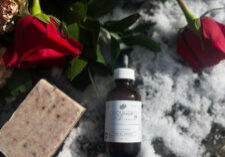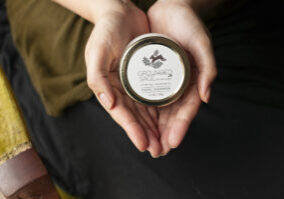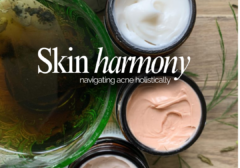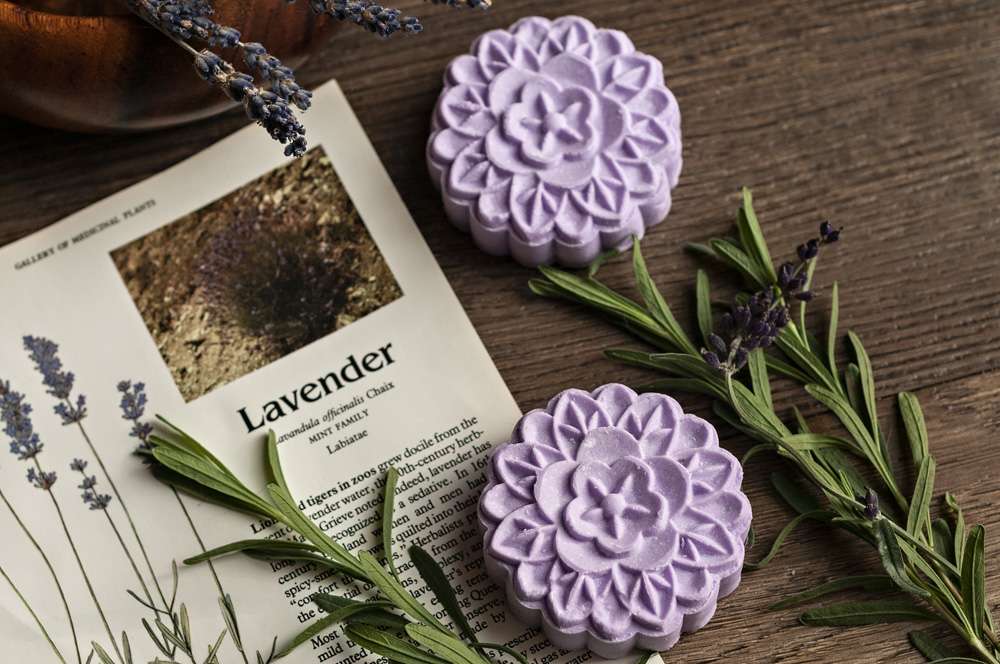If you have acne-prone skin or are struggling with acne breakouts, you may have wondered why your pores clog so easily.
That’s what I’m going to answer in this edition of our acne series!
Skin cells and their role in the formation of acne:
What you might not know, or may have never thought about, is that there are skin cells INSIDE our pores and outside.
Both should slough off on their own.
Dead skin cells outside our pores are the ones we typically approach removing by using a facial scrub, washcloth, or another manual exfoliation method or tool. They are cells that are easy to access and generally easy to remove when the time is right.
Cells inside the pore are a bit trickier to get to. To react and remove these, we need to deep clean our skin, often with the help of topical products.
Keratin’s Role
Keratin is a potent protein that sticks cells together. This is important because it’s what keeps our skin cells together.
If you picture a brick house, the keratin is the mortar and our skin cells are the bricks.<
Keratin becomes a problem for acne-prone skin because an excess acts like glue (the “mortar”), stopping dead skin cells from sloughing off. This is bad because when dead skin cells can’t release from the other skin cells and exit our pores, an accumulation (a big clump!) of dead skin cells forms inside our pores. Hello, congestion!
Skin Cell’s Role
This whole sticky cell process is aggravated by the rapid growth of skin cells in acne-prone skin types.
So, not only do we have dead skin cells not leaving (due to too much “mortar”), but our skin is rapidly producing more skin cells (too many “bricks”)!
You can imagine how quickly this gets out of control and congestion becomes widespread.
But skincare can help.
Fruit enzymes are superstar ingredients when dealing with sticky skin cells by digesting the “mortar” that keeps dead skin cells stuck in our pores.
Our Most Potent Fruit Enzymes Formulas
Too many bricks?
Another way to help an excess of dead skin cells (too many “bricks”) sail smoothly out of your pores is by having a hydrating step in your skincare routine.
Lubricated pores (aka well-hydrated skin) allow our skin to push oil through our pores unhindered – including moving dead skin cells inside our pores out to the surface.
Our Best Hydrator For Acne-Prone Skin:
Acne + Oil Balancing Hydrating Facial Mask
It helps reduce congestion in pores by using the power of green clay to pull impurities from pores, vitamin c to digest excess “mortar,” and super hydrating aloe vera to lubricate pores.
Pin this post for later:
